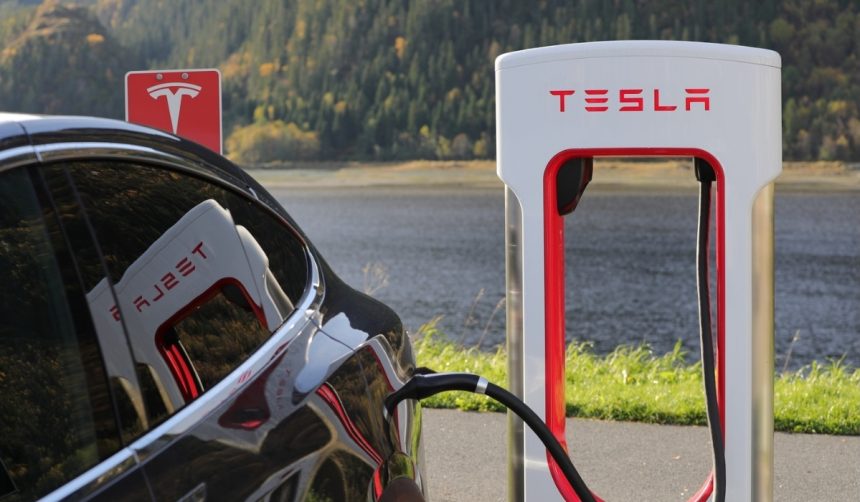Elon Musk, CEO of Tesla, has strongly refuted a lawsuit alleging that the automaker manipulates vehicle odometers to prematurely end warranty coverage. The legal action, initiated by a resident of Los Angeles, raises concerns about the accuracy of Tesla’s mileage reporting systems. The outcome of this case could have significant implications for Tesla’s reputation and customer trust.
Previous allegations against Tesla regarding odometer discrepancies have been met with firm denials from the company, emphasizing the reliability of their vehicle metrics. Historical scrutiny of Tesla’s warranty practices shows a pattern of resisting similar lawsuits, asserting their commitment to customer satisfaction and product integrity.
The Lawsuit’s Allegations
The proposed class-action lawsuit contends that Tesla accelerates odometer readings, causing vehicles to exit warranty periods sooner. This method, according to the lawsuit, enables the company to reduce repair costs significantly. Plaintiff Nyree Hinton, owner of a 2020 Tesla Model Y, claims that his vehicle’s odometer inaccurately indicated higher mileage by factoring in energy usage and driving habits.
“By tying warranty limits and lease mileage caps to inflated ‘odometer’ readings, Tesla increases repair revenue, reduces warranty obligations, and compels consumers to purchase extended warranties prematurely.”
Elon Musk’s Response
Tesla’s legal team has categorically denied the allegations presented in the lawsuit. In a recent post on social media platform X, Musk labeled the lawsuit as “idiotic.”
This is idiotic
Musk’s terse response underscores the company’s stance against the claims.
Impact on Tesla’s Warranty Policies
The lawsuit suggests that inflated odometer readings may compel consumers to purchase extended warranties earlier than necessary. However, veteran electric vehicle owners argue that Tesla’s odometer systems do not utilize predictive algorithms, maintaining the accuracy of displayed mileage. These perspectives highlight potential tensions between consumer experiences and company policies.
The resolution of this lawsuit will likely influence public perception of Tesla’s commitment to transparency and customer service. A favorable outcome for the plaintiffs could lead to increased regulatory scrutiny and demand for more stringent vehicle metric standards. Conversely, a dismissal would reinforce Tesla’s defense of its odometer systems and warranty practices.










